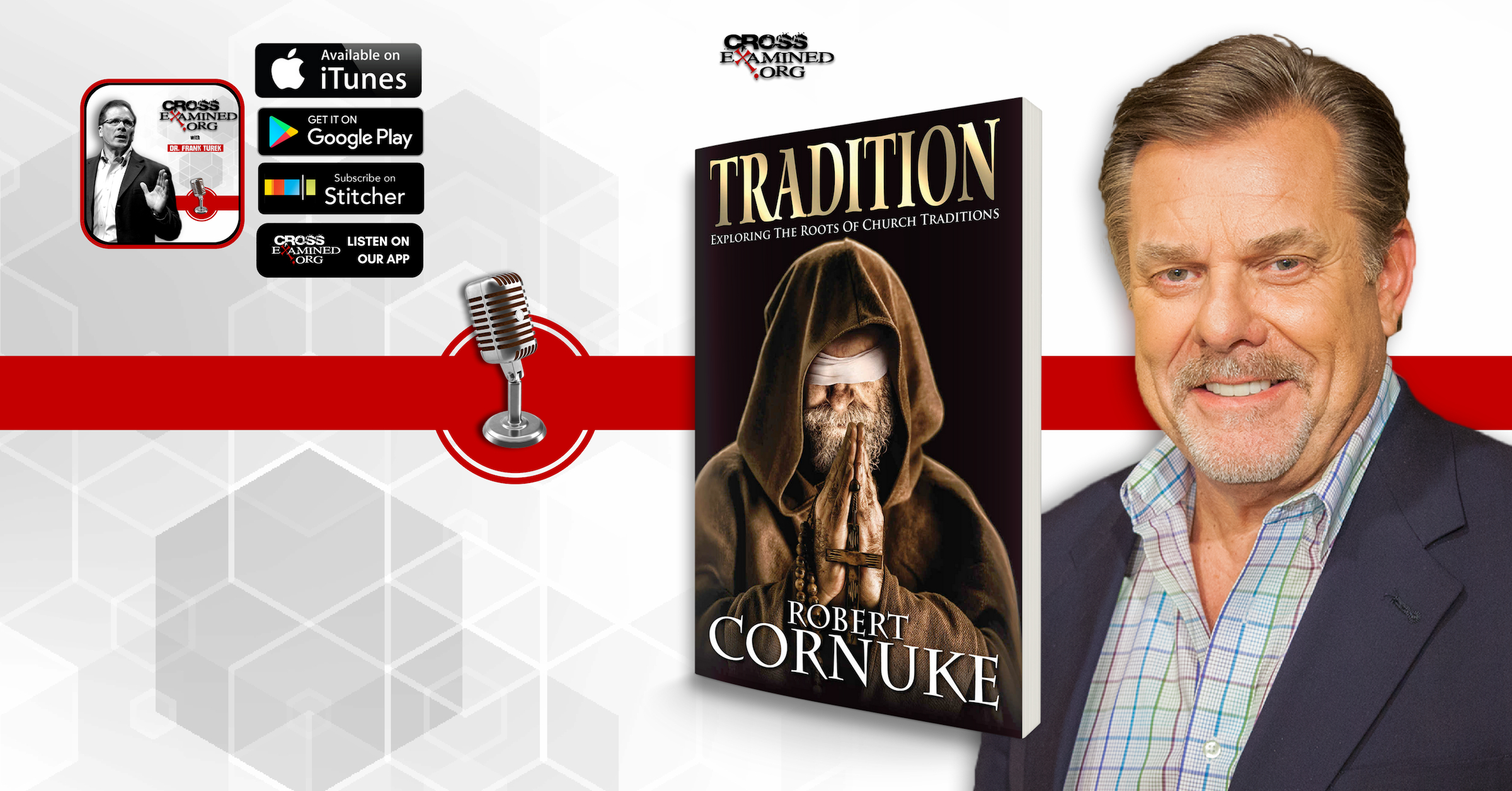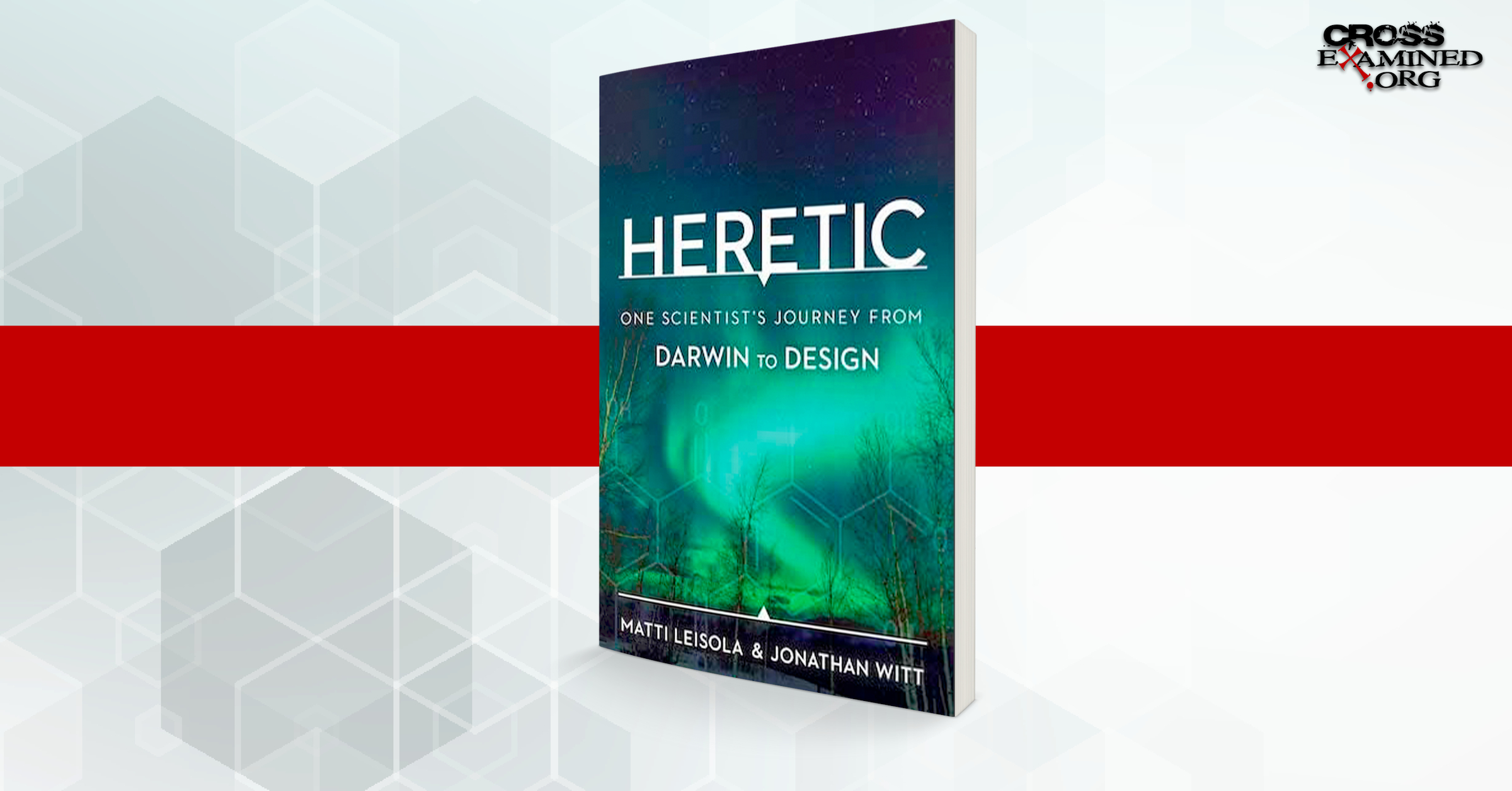Recently, news agencies filled the airwaves and the internet with the news of Stephen Hawking’s last book to be published and released posthumously. The book released on October 16, 2018, is entitled Brief Answers to the Big Questions. Hawking argues through a series of essays why he didn’t think that God existed, did not think it was possible for God to exist, and did not believe in an afterlife. He appeals to quantum mechanics and the bizarre behavior of quantum particles which seemingly appear to pop into existence from nothing to argue his case. However, it should be noted that quantum particles do not really pop into existence from nothing as philosophically understood to be “no-thing.” Rather, quantum particles derive from a quantum vacuum—a very physical thing with very physical properties and processes. Thus, while admittedly I am not a physicist nor a physicist’s son, Hawking’s claim is not honest with the scientific data.
This causes one to ask, do we have good reasons to believe in God’s existence? I would like to propose ten reasons why we can believe that he does. To be forthright, there are many, many more. These represent some of the more popular reasons to believe that there really is a God who transcends reality and a few that I think stand to reason by the very nature of the way the world works.
- Necessity of a First Cause (Cosmological Argument). Physicists Borde, Guth, and Vilenkin discovered a mathematical theorem which dictates that all physical universes, including the theoretical multiverse, must have a required starting point. There was a time when physics (even quantum physics), time, and matter did not exist. How did it come to be? Atheists will argue that it just is. However, the data seems to suggest that an eternal, metaphysical (beyond the physical realm), Mind brought everything to be. That Mind would need to be omnipotent, omnipresent, and omniscient. That Mind is who we know to be God.
- Designed Creation (Teleological Argument). Hugh Ross has argued that there are over 180 cosmological constants in the universe so finely tuned that if they were to be changed by the nth degree, life and the universe itself would not exist. Even the theoretical multiverse would need to be designed to such a degree that it would require a designer. I believe wholeheartedly that physicists will eventually find design attributes and constants in the quantum realm if they haven’t already. Design argues for a Designer.
- Objective Morality (Moral Argument). Leaving the scientific realm for the philosophical and ethical, objective morality argues for an Objective Lawgiver. God is the best explanation for why objective morality exists. As Brian Manuel, a good friend of mine, said recently, “We can just know certain things to be right and wrong without even being taught.” He is absolutely right! People have an innate sense of morality. That comes from a Moral Lawgiver who we know to be God.
- Necessary Being (Ontological Argument). In the end, one only has two options. Either an eternal nothingness (meaning again, “no-thing,” not even quantum particles) brought forth something from absolute nothingness, or an eternal Being brought everything that exists into being. The latter makes far more sense and actually adheres more to the scientific method than the former.
- Explanation for Data (Information Argument). Why is there anything at all? Even though the quantum world is a strange place, it still behaves according to certain laws. Why are there quantum particles? Quantum fields? Why do physical processes and procedures exist? One explanation: God. For any data to exist, a programmer must exist. That Programmer must be God himself.
- Science and Mathematics. Ironically, the scientific method and mathematics appeal to God’s existence. Scientists hold that the universe operates according to certain laws on a regular basis. The ability to do science itself means that human beings have been given cognitive abilities to observe the universe and, interestingly, have been placed in a position where the universe is observable. One must inadvertently appeal to the divine to even do science and mathematics. To add to this point, the beauty one finds in nature would have no real aesthetic value unless God exists.
- Historicity of Jesus’s Resurrection. One of the most historically provable events of ancient history is Jesus’s crucifixion and resurrection. Jesus’s resurrection is quite intriguing because he continuously appealed to God the Father to raise him from the dead. For Jesus to have risen from the dead indicates that the one whom he mentioned did what Jesus claimed he would do. The resurrection of Jesus points to a transcendent reality we call God.
- Miracles and Spiritual Encounters. Craig Keener wrote a two-volume work describing the many documented miracles in modern times. While God may not always perform a miracle in every circumstance, a good deal of evidence suggests that God has performed miracles throughout history. Added with the many spiritual encounters people have had with the divine provides an added case that God does indeed exist.
- Near-Death Experiences and Consciousness. This is a fascinating area of study. Gary Habermas has noted that there are over 100 medically confirmed cases of near-death experiences where people have died and reported events that happened on this side of eternity which could be corroborated by others. The events described along with experiences of meeting God and the feelings of peace add to the case for God’s existence. Most certainly near-death experiences prove that materialism is a dead philosophy.
- Purpose and Meaning. For anything to have purpose and meaning, God must exist. If Hawking is right in that the universe is all there is and there is nothing else, nothing, including his research, has any meaning or value. Meaning, value, and purpose are found only because God exists.
I could certainly list other reasons to believe in God’s existence. But these will suffice for now. Hawking was a man of great intellect. Yet, despite his great mental prowess, it is quite odd that he could never quite see the evidence for God. While he could see, he was quite blind. Hawking said that “religion is a fairy tale for those afraid of the dark.” I believe John Lennox provided a stronger claim by noting that “atheism is a fairy tale for those afraid of the light.”
Brian G. Chilton is the founder of BellatorChristi.com and is the host of The Bellator Christi Podcast. He received his Master of Divinity in Theology from Liberty University (with high distinction); his Bachelor of Science in Religious Studies and Philosophy from Gardner-Webb University (with honors); and received certification in Christian Apologetics from Biola University. Brian is currently enrolled in the Ph.D. program in Theology and Apologetics at Liberty University and is a member of the Evangelical Theological Society and the Evangelical Philosophical Society. Brian has been in the ministry for over 15 years and serves as the Senior Pastor of Westfield Baptist Church in northwestern North Carolina.
Original Blog Source: http://bit.ly/2qcNP6q










